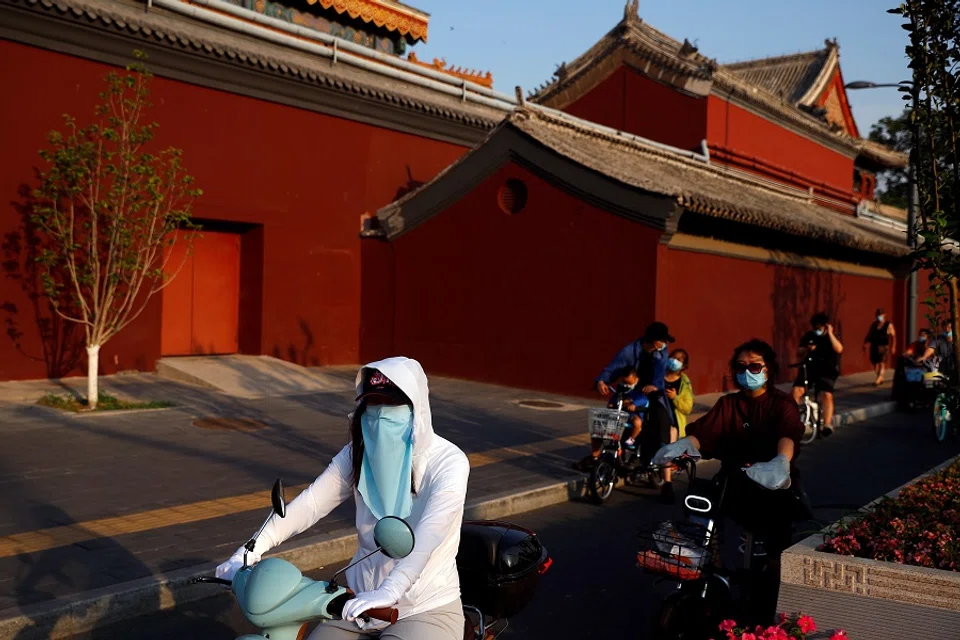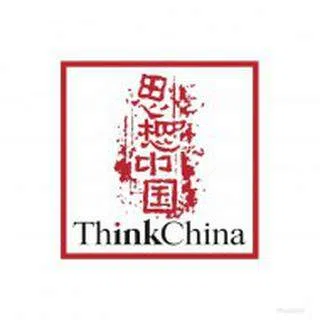What is China's biggest challenge?
In the great China-US contest, overcoming weaknesses, more than capitalising on strengths, will be the deciding factor in determining who emerges the victor, says Wei Da. Any country is only as good as its weakest link, and the sooner the both of them realise that and look their shortcomings in the eye, the better. Wei Da identifies China's biggest challenge and its weaknesses in this article.

The US is taking a whole-of-government approach to attacking China. Key members of the Trump administration have been making speeches about various aspects of the US's changing policy towards China. Out of these statements, US Secretary of State Mike Pompeo's remarks on 23 July at the Richard Nixon Presidential Library and Museum in California is the most important. His claim that China and the US have opposing ideologies could be seen as a declaration of a "new Cold War" against the Chinese Communist Party (CCP).
An intense fight has begun, as seen by the escalating diplomatic row between both countries, the shutting down of each other's consulates, and the US imposing tighter visa restrictions on visiting Chinese, as well as its screening of American residents with Chinese military or CCP connections.
Pompeo said in his speech that from a strategic perspective, the CCP resembles the old Soviet regime in several ways; and as the US is no stranger to such a regime, it has the confidence to triumph over it. The CCP, on the other hand, is proud of its recent developments and achievements and has focused on strengthening the "four confidences" (confidence in the path, theory, system and culture of socialism with Chinese characteristics). Thus, China is also confident of competing with the US.
When two major powers fight, their weaknesses and shortcomings are what set them apart despite the unique advantages they each possess.

When two major powers fight, their weaknesses and shortcomings are what set them apart despite the unique advantages they each possess. For example, although the USSR possessed lethal weapons that were in no way inferior to the US's, that did not save them from their eventual collapse as they had more shortcomings than the US.
Only as good as your weakest link
Those who understand the Cannikin Law, or the Wooden Bucket Theory, would know that a wooden bucket's capacity is determined by its shortest plank. In other words, shortcomings are the deadliest. Thus, major power battles are generally won through the effective management of weaknesses, rather than by playing to your strengths, as advantages become meaningless if shortcomings are not contained.
Underestimating and hiding one's weaknesses often results in bigger crises and more bitter fruits. The US prevents this by relying on its democratic system and the watchful eye of public opinion.
Incumbent US President Donald Trump faces grave re-election challenges in the upcoming presidential elections. His current weak spots include a pandemic that is out of control, a delayed economic recovery, and a surge in left-wing ideology in society. Those in power often fear exposing their problems, which could ruin their reputation and political achievements, thereby affecting their chances of successful re-election.
Underestimating and hiding one's weaknesses often results in bigger crises and more bitter fruits. The US prevents this by relying on its democratic system and the watchful eye of public opinion. The opposition can blatantly expose the shortcomings that leaders are embarrassed to admit. Congress is allowed to intervene according to public opinion, and the media can make in-depth investigations and report the truth. Once social consensus accurately focuses on a specific shortcoming, it could help to rectify the situation or to change the status quo.
China's biggest challenge has been to effectively identify its shortcomings, and this has led to China's inability to come up with solutions.

On the other hand, being free from electoral pressure does not mean that China does not have fatal shortcomings. China's biggest challenge has been to effectively identify its shortcomings, and this has led to China's inability to come up with solutions.
For example, while China is worried about the current China-US crisis, it has always blamed the US and insists that it "has no idea what it did wrong", even though it possesses an army of advisors. By this logic, the famous Zunyi Conference convened during the Long March would be a redundant chapter in the CCP's history - they should have just fought on recklessly to exhaust their opponent, and gone their separate ways if they had lost the battle. (NB: It was at Zunyi that Mao Zedong quelled dissent among other CCP leaders about the party's revolutionary strategy.)
China needs to stop sugar-coating words and deeds
China's ways encourage "political correctness", which results in the failure to effectively identify its shortcomings. Worse still, few people speak the truth, and gaojihei (高级黑) and dijihong (低级红) (people who indulge in high- and low-level ingratiating behaviour) are gaining prevalence. These people often distort the truth, lie to others and themselves, sugar-coat hard truths, and claim that the half-filled bucket is full. All these lead the country towards destruction and catastrophe.
Besides, China need not look far for past experiences and lessons learnt. In 1971, the Cultural Revolution had already proven to be a big mistake with catastrophic consequences across the country. Yet, some people still tried to sugar-coat the situation and make a great fanfare out of it. In the end, the Lin Biao incident - in which Mao's number two, Lin Biao, allegedly tried to assassinate Mao and stage a coup d'etat but ended up dying in a plane crash en route to the Soviet Union - broke out, sending shock waves through the world.

In early 2012, Chongqing's "Sing Red, Strike Black" (唱红打黑) campaigns to promote "red songs" and eliminate criminal activities backfired, resulting in the strange Wang Lijun incident. Wang, then vice mayor and police chief of Chongqing, allegedly sought refuge at the US consulate in Chengdu for a day, fearing reprisals for planning to expose Gu Kailai (Chongqing party chief leader Bo Xilai's wife) and her involvement in the murder of British businessman Neil Heywood. How did the "Sing Red, Strike Black" campaign become associated with the US consulate? This befits the Chinese saying "Things will develop in the opposite direction when they become extreme" (物极必反) - the shortest plank has splintered and water is leaking from the bucket.
China is also facing harsh criticisms and even sanctions for its three wrongs: its closed and authoritarian approach to attaining the three rights, its ultra-left ideology, and the absence of judicial independence.
To foreign observers, there are three rights and three wrongs with China. The three rights are China's rise and rejuvenation, its competition with the US and the West, and its attempts at changing the existing world order.
Yet, China is also facing harsh criticisms and even sanctions for its three wrongs: its closed and authoritarian approach to attaining the three rights, its ultra-left ideology, and the absence of judicial independence. These are China's shortcomings. They are of paramount importance and should not be ignored.
Related: Was Nixon's policy of engaging China a failure? | An eye for an eye: Souring China-US relations at point of no return? | Why is the West ganging up to fight the Chinese ruling party? | Why did the US fail to contain Covid-19? | Nations must behave like nations | The return of Mao-era practices: New threat to China's political and economic modernisation





![[Photos] Fact versus fiction: The portrayal of WWII anti-Japanese martyrs in Taiwan](https://cassette.sphdigital.com.sg/image/thinkchina/3494f8bd481870f7c65b881fd21a3fd733f573f23232376e39c532a2c7593cbc)